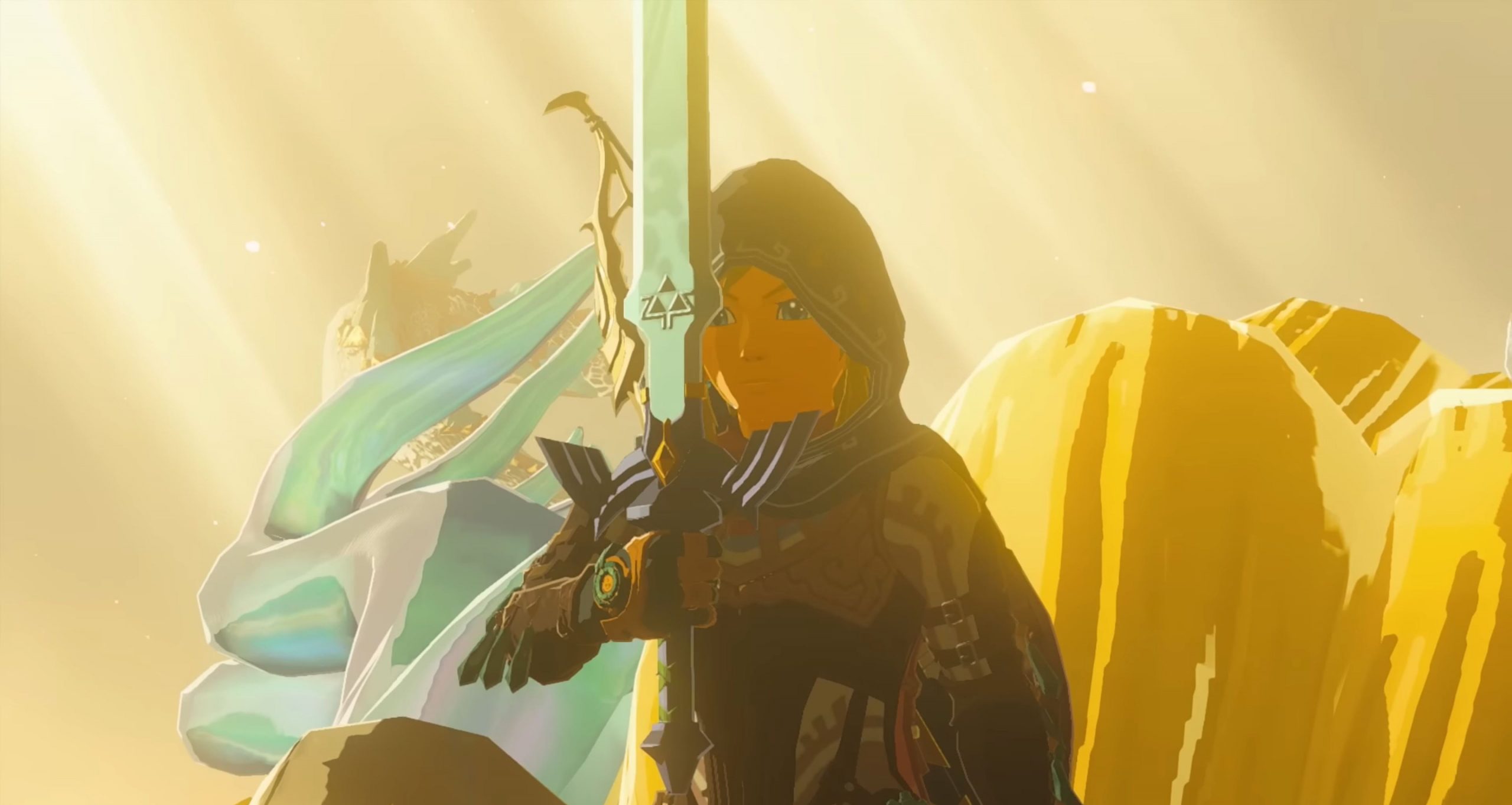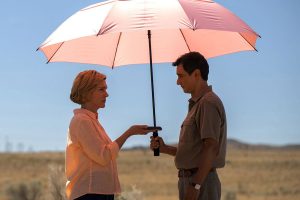
During a panel at GDC (as reported on by Eurogamer), some of the key members of The Legend of Zelda: Tears of the Kingdom team discussed the challenges of the game’s development. Specifically, they focused on the difficulties of creating the game’s complex physics system and implementing it into the adventure in a way that works and was…well, fun.
It was an utterly fascinating conversation that offered a rare peek behind the curtains of Nintendo’s development process. If you are at all interested in the details of Tears of the Kingdom‘s physics system (or game development, in general), I highly recommend seeking out a transcript of the entire discussion.
However, there was one line from that panel that I can’t get out of my head. When discussing the overall philosophy behind Tears of the Kingdom‘s development, the team revealed that one of their guiding lights was “Vast doesn’t necessarily make a game fun.”
See, the Tears of the Kingdom team went into the sequel knowing they wanted to expand upon the two things they felt were the keys to Breath of the Wild‘s success: a “vast and seamless Hyrule” and “multiplicative gameplay.” What is multiplicative gameplay? Essentially, it was the phrase that the team used to describe Breath of the Wild‘s various world interaction mechanics.
For instance, acquiring a new power and using that power to create one of many possible solutions would be an example of multiplicative gameplay. Tears of the Kingdom greatly expanded upon that idea with the Ultrahand and Fuse mechanics that allowed players to craft those wonderful custom creations and experiment with the game’s various puzzle-based physics. Lead physics engineer Takahiro Takayama described the implementation of those concepts as “chaos.”
However, Technical director Takuhiro Dohta offered a slightly expanded definition of multiplicative gameplay that helps explain why the whole process was worth it.
“The concept of multiplicative gameplay was: rather than creating something fun, create a system that makes fun things happen,” Dohta explains. “Rather than creating unique interactions, create a system that causes unique interactions to occur. I believe this was the essence of the evolution of physics and sound in Tears of the Kingdom.”
Dohta may be discussing the game on a technical level, but his statements bring us back to that overarching idea that “Vast doesn’t necessarily make a game fun.”
See, rather than specifically engineering every possible object movement, the team “created a system that makes objects move.” Rather than create every specific sound that could happen, the team “created a system that makes it sound that way.” It was an approach partially born from the chaos that Takayama described. However, Takayama also mentioned that when such problems occurred, he’d say something like “We’ll deal with it later! Just focus on getting the gameplay together and trying it out.”
At the risk of oversimplifying the development of such an incredibly complicated game, I keep returning to those overarching ideas that the Tears of the Kingdom team also kept returning to. Rather than trying to make the widest open-world game imaginable filled with carefully curated content, they decided to focus on the enjoyability of Tears of the Kindom‘s central concepts and the possibilities those concepts enabled. Yes, those systems had to function in a way that kept the entire game from being crushed under the weight of itself. Ultimately, though, all of those creative things they were doing needed to be fun to experiment with in the first place and, ultimately, needed to enhance the overall player experience.
Granted, Tears of the Kingdom is an exceptional and ambitious project created by a legendary team that was blessed with incredible (and rare) resources. It is not realistic to expect every studio to be able to replicate all of the specific things that the game does, and I wouldn’t want most of them to try.
However, at a time of unsustainable growth in the Triple-A gaming industry, there is value in the Tears of the Kingdom team’s greater philosophical points. For as vast as so many of those games are trying to be, all that digital real estate doesn’t mean much if it’s not anchored by mechanics that are designed to be fundamentally fun and, more often than not, afford the player the opportunity to craft their own meaningful experience along the way.
The post Tears of the Kingdom’s Developers Share a Lesson More Developers Should Follow appeared first on Den of Geek.












